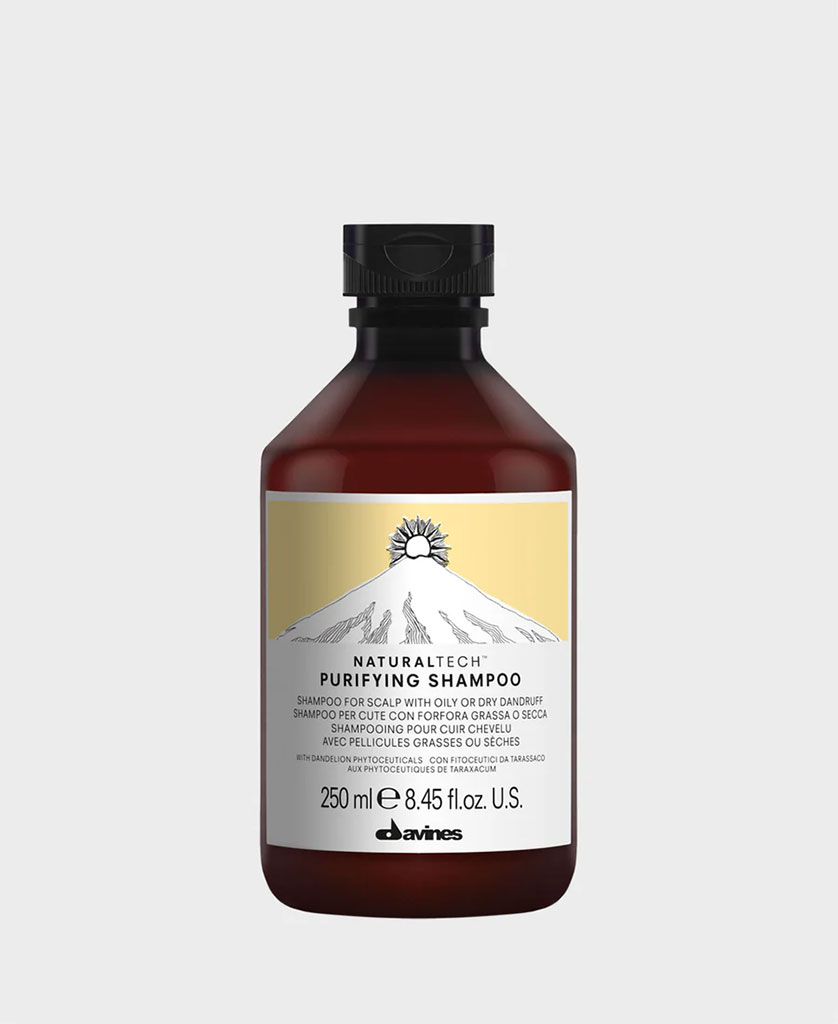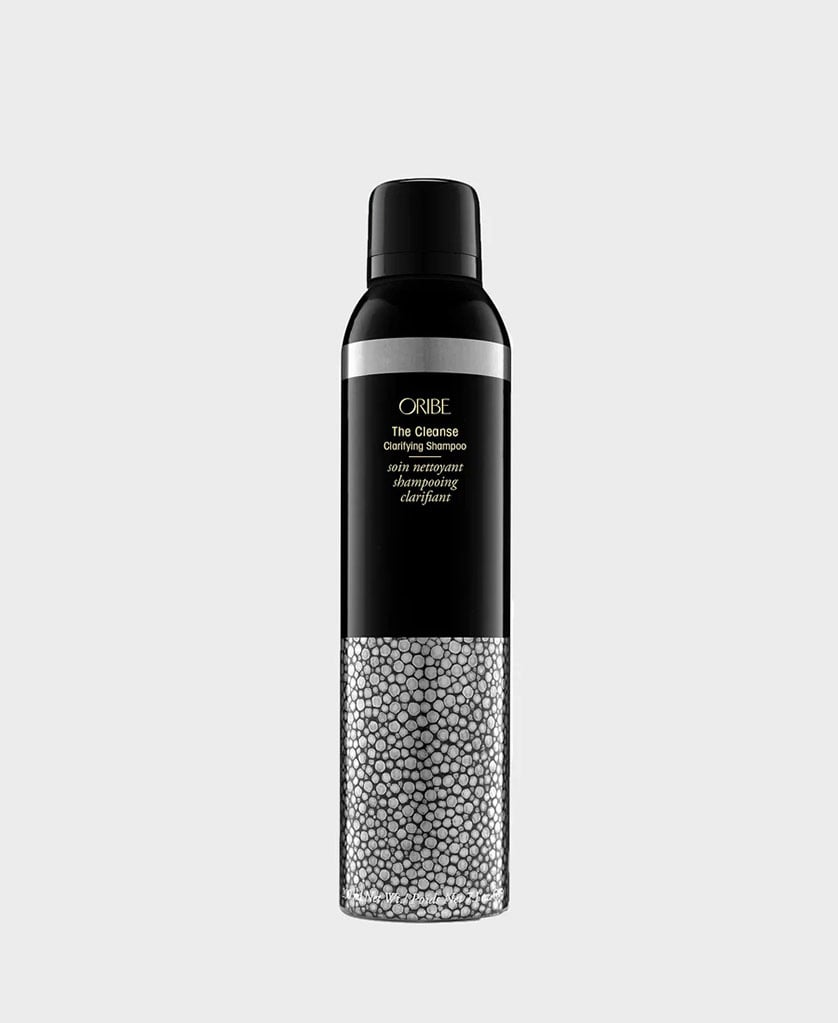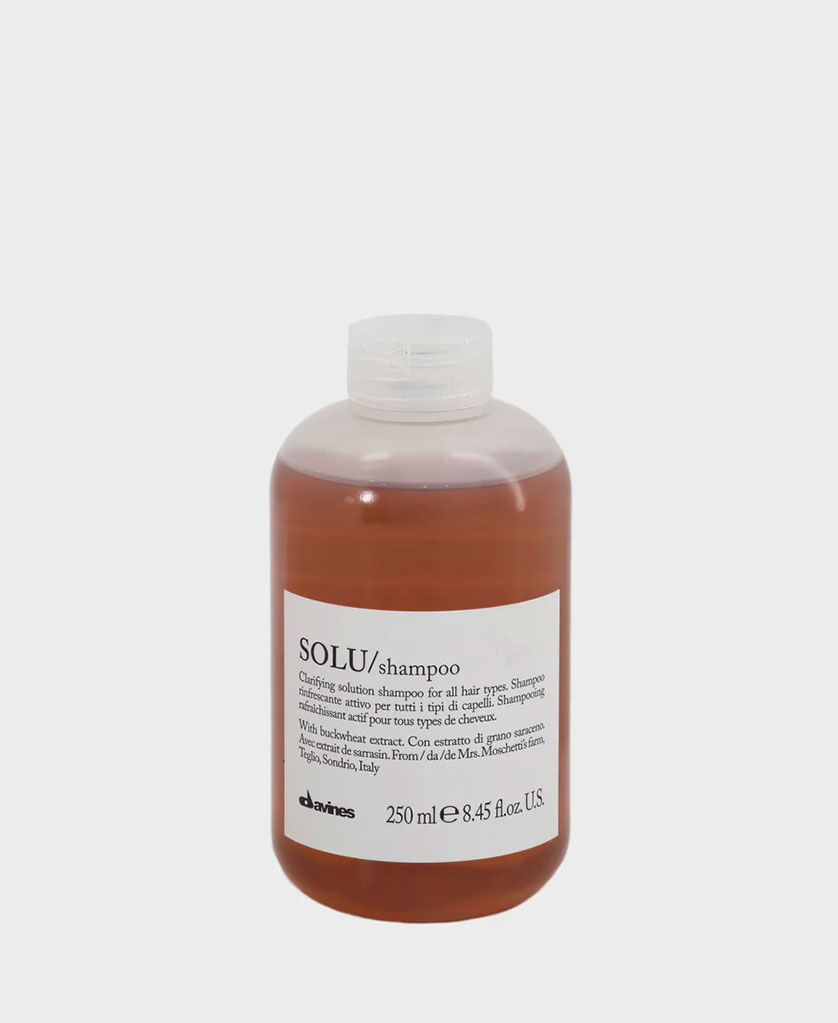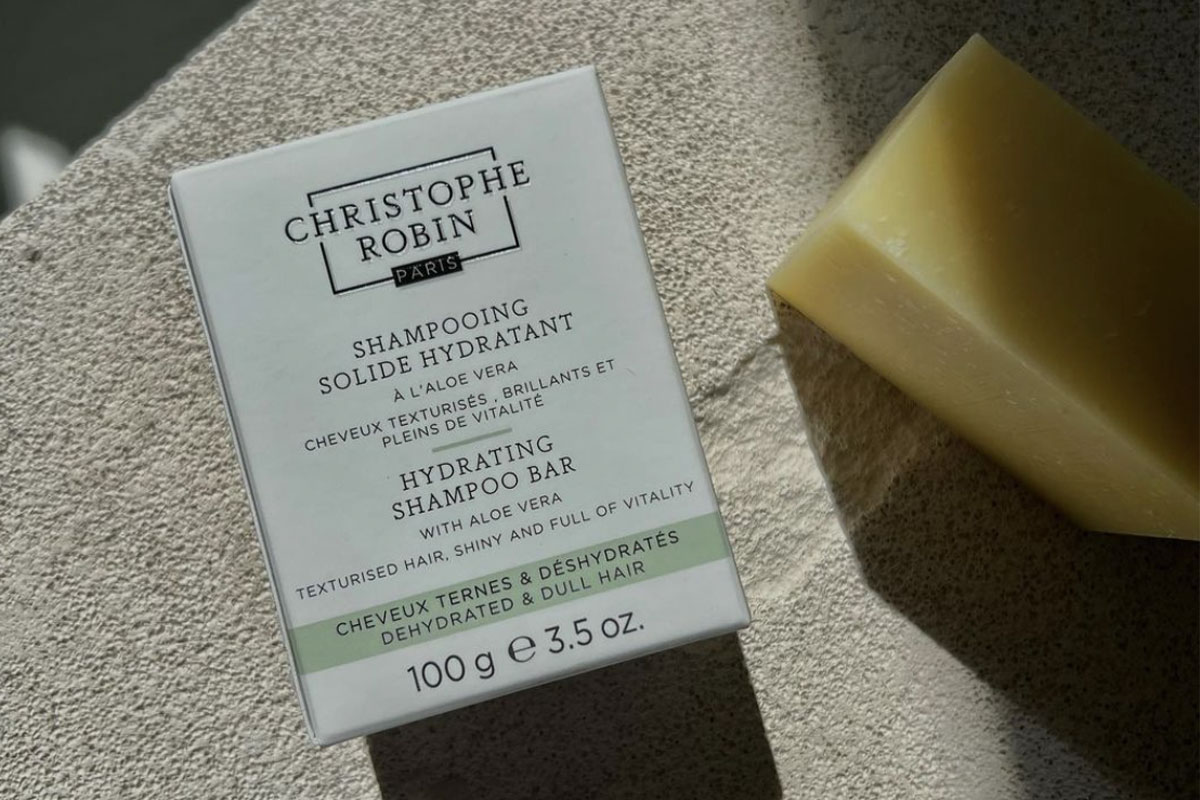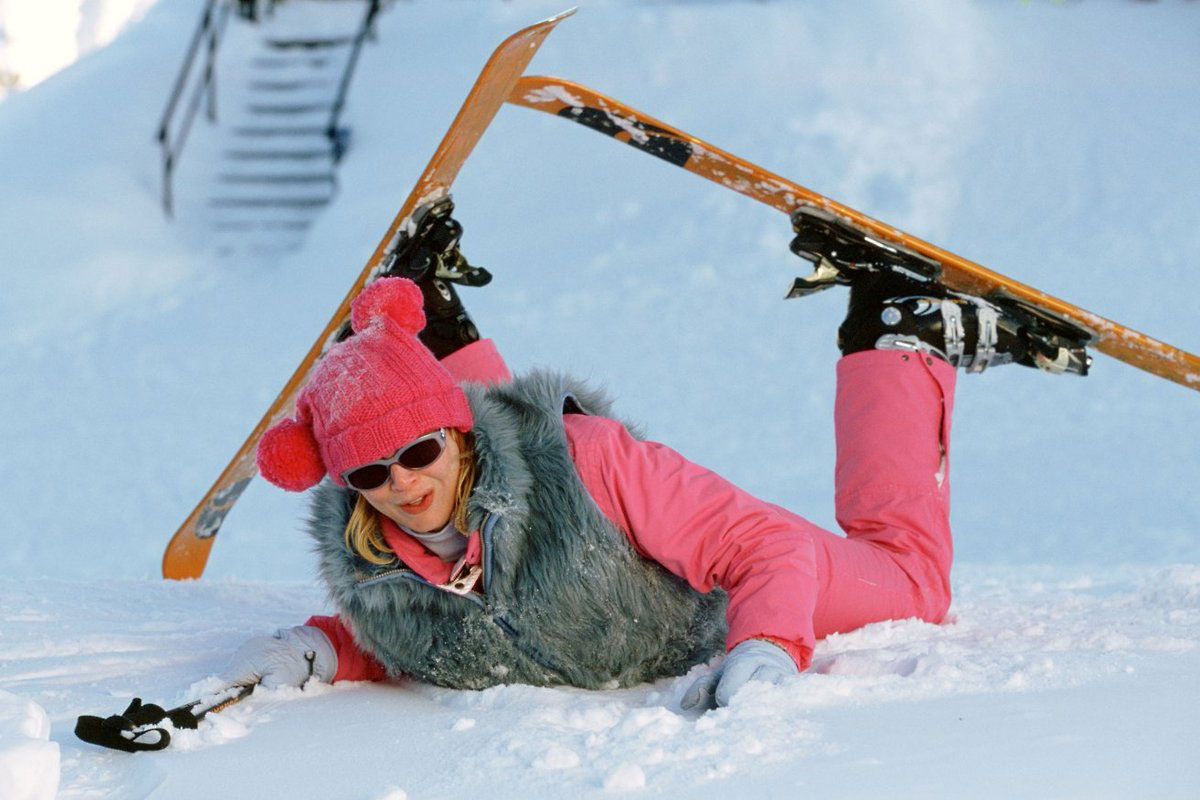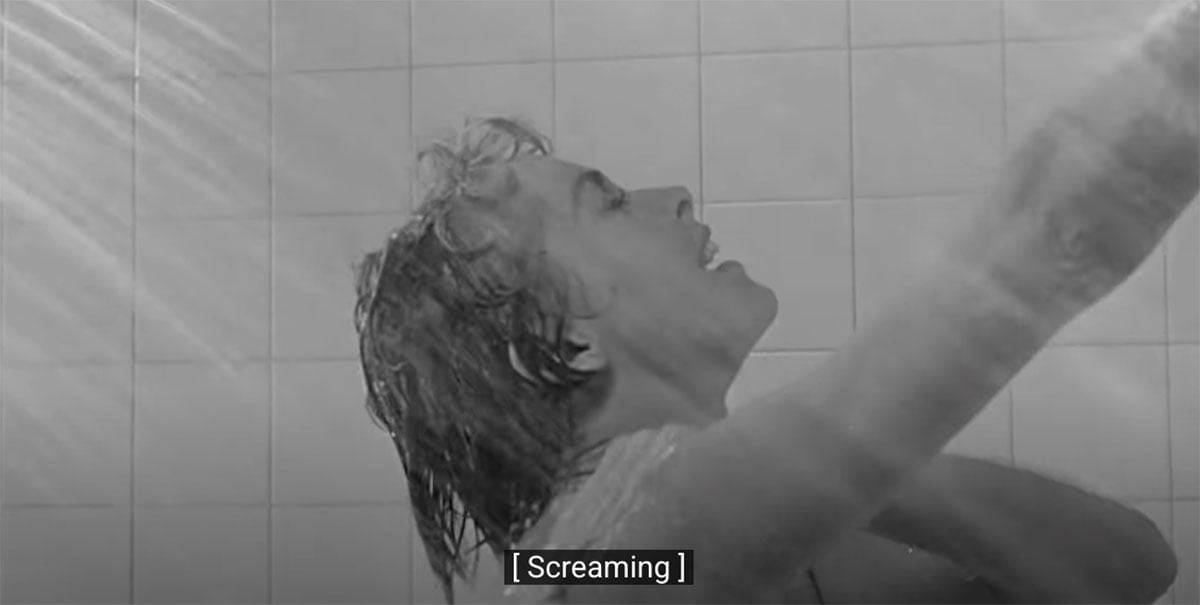
Scary shower head? You've probably got hard water, and it can be a killer for hair. By Emma Gleason
A steamy shower and an overdue shampooing can be a balm to the winter blues and the physical (and spiritual) funk that comes with colder temperatures. But if the result is greasy hair and chalky stuff on your shower head, then you may be living with hard water.
If you know you know, and trust me, I really know. But for those who don't - or perhaps always wondered why their glassware is cloudy even though it just got a thorough cleaning - then let's get to the source of the problem.
"Hard water" - even the name sounds horrifying - contains high levels of minerals like calcium and magnesium, and it's more common than you might think.
It's often an attribute of groundwater (the source of only 1.06% of Tāmaki Makaurau's water), which is sourced from wells and bores, and picks up minerals during its journey to an aquifer.
However, causes of hard water can come from man-made sources too, especially if you have old pipes. Though Aotearoa has relatively "soft" water (much of it comes from rivers and dams), metals and minerals from older pipes and plumbing can dissolve into it, making it "hard" by the time it reaches your taps.
Whatever the source, hard water can be found in many Kiwi homes, and with our daily (or more) showering habits, it can cause damage to your precious hair.
"I think the biggest impact we see with hard water on hair is oxidation hair colour," says Lauren Gunn, colleen co-founder and senior hair stylist.
"This means your hair colour is fading faster and can take on a brassy tone or begin to look uneven. It's a bummer if you have invested time and money on having beautiful colour in your hair."
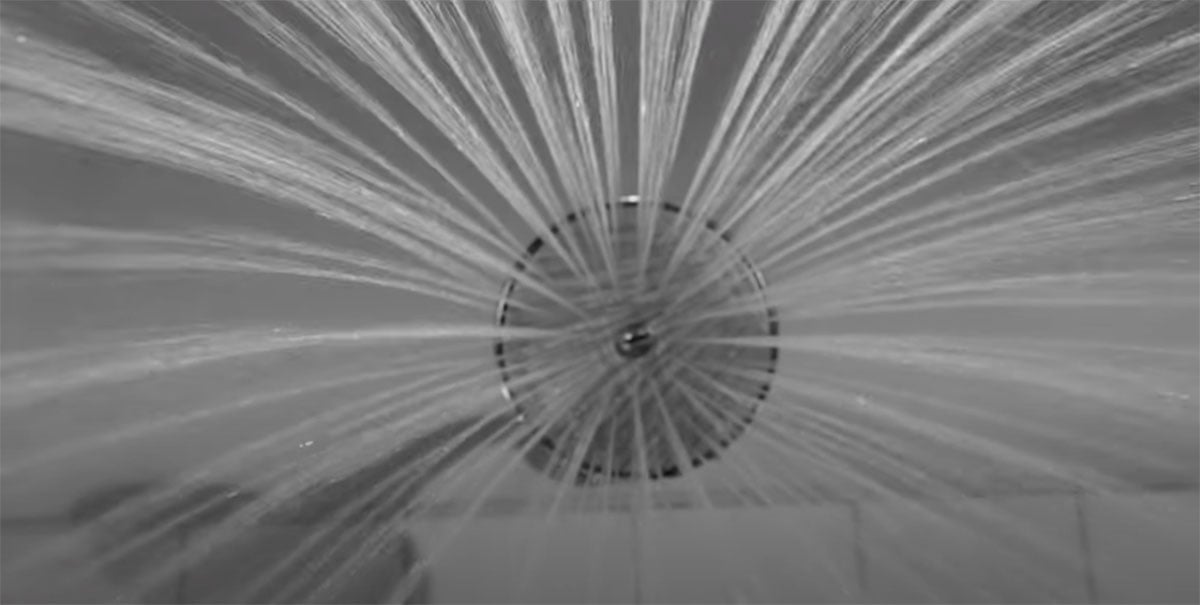
The consequences go beyond colouring, and even if you don't dye your hair, you’re probably experiencing the effects of hard water, though you may not realise it. Ever wondered why your hair is dry, but washing it less makes it worse? Or why your soap isn't lathering that well? Yeah, it's probably your water.
Hard water can sometimes lead to a buildup of mineral residue on your body too. "For scalps, this can mean flakiness or even extra oil at the roots as your scalp works to balance the impact of the minerals," Lauren explains.
"In your hair, consistent exposure to hard water may show up with more than usual brittleness and split ends. A bit of a giveaway can be a velcro effect where hair easily tangles and forms clumps of knots or dreadlocks."
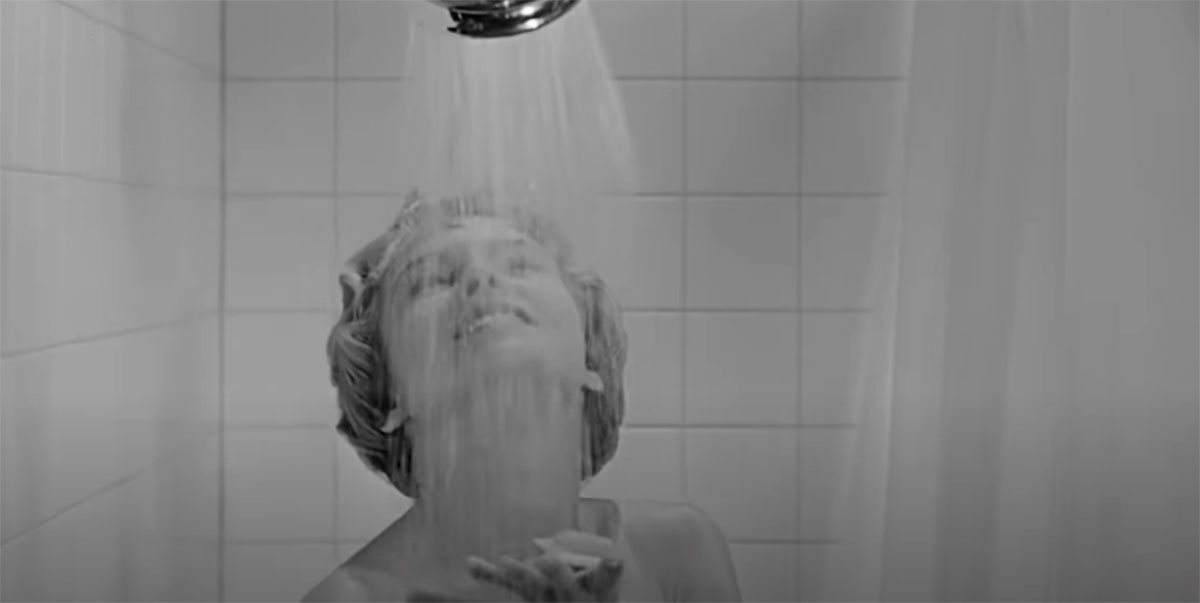
Mineral building can make hair feel stiff and dry or limp and greasy (or as I once experienced in London, a city with infamously hard water, all of those things at the same time). And you might experience more than your fair share of breakage, split ends or frizz.
Hairstylists notice it too, and the effects of hard water are a common sight in the salon chair. "It shows up in hair to a certain extent for most people."
Winter already makes your scalp weird without funky water making it worse, but there are some things you can do. For hardware-oriented solutions, there's always the option of a water-filtering shower head or a domestic water softener (call the plumber!), but what you’re using in the shower can also be a front line for your hair.
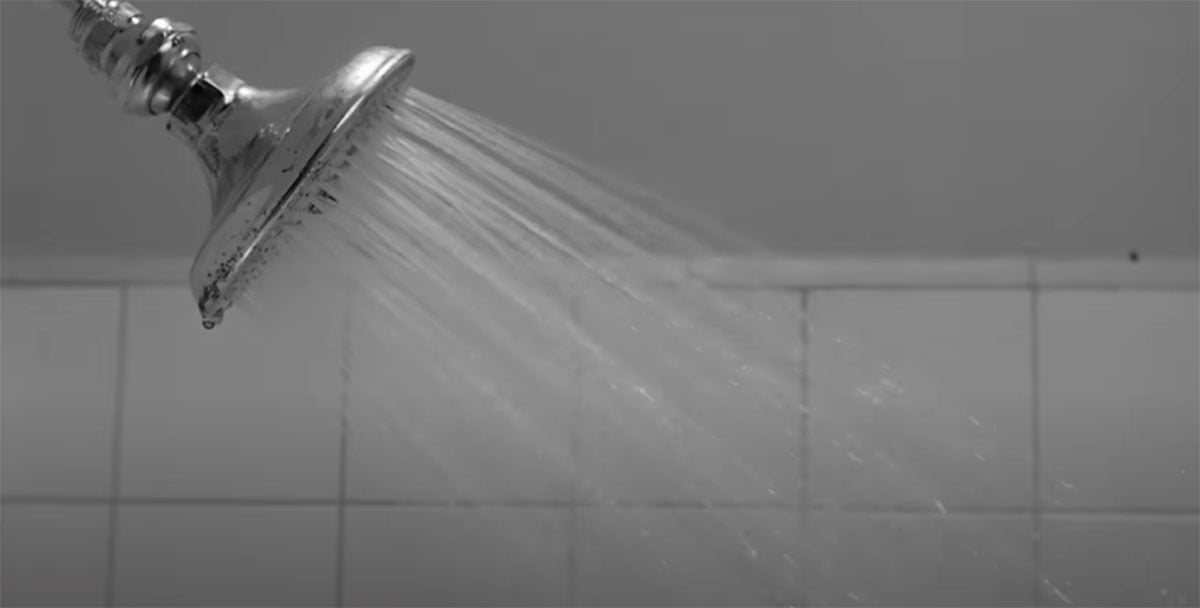
"We recommend more frequent washing for people at home in this situation. If you struggle to reach a lather with your shampoo, this can be a sign of hard water," Lauren advises.
Clarifying products, formulated to remove buildup, are a great investment, though the when can be just as critical as the what. "Rather than using more shampoo, you would be better to shampoo twice or even three times to get the best results."
WHAT TO USE AT HOME:
